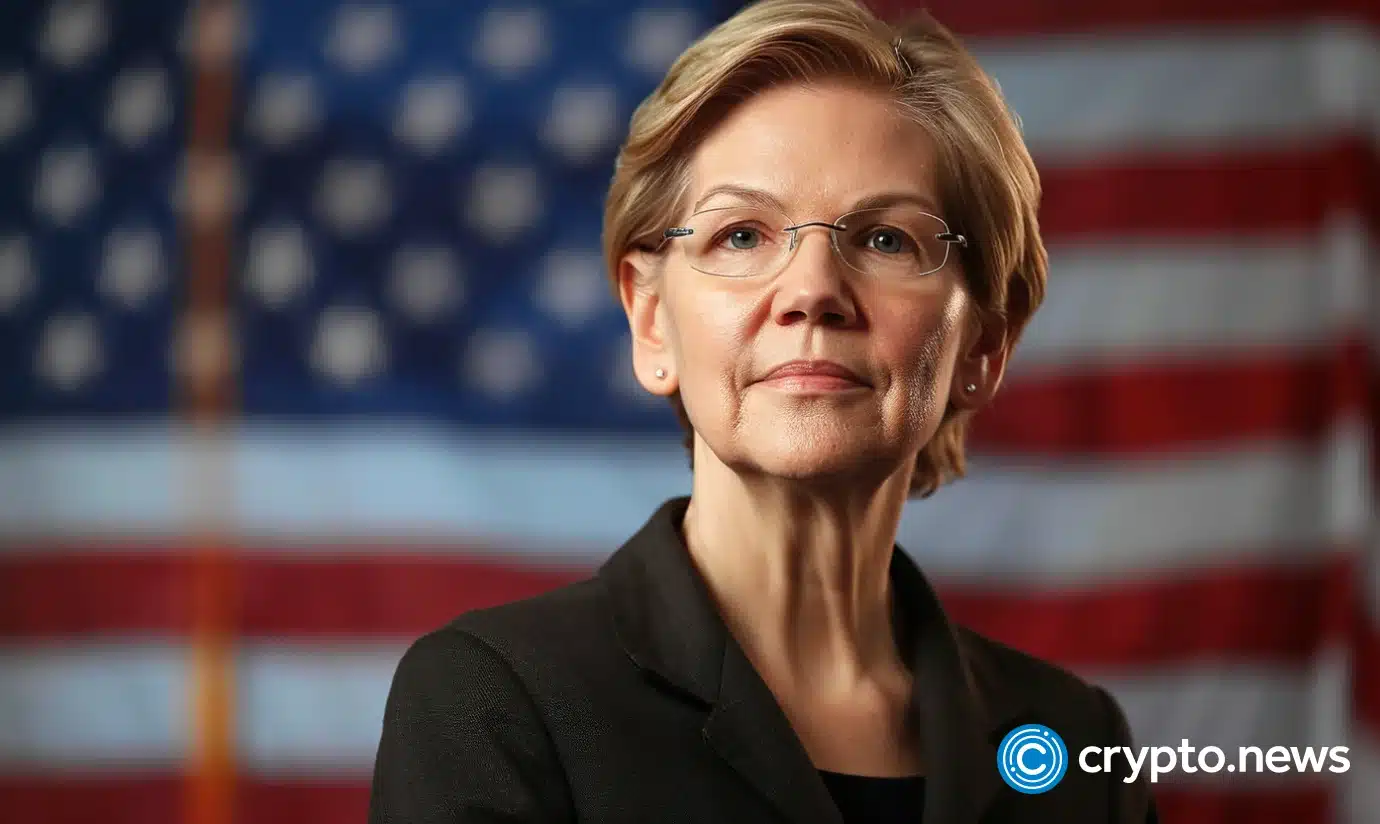

U.S. Senator Elizabeth Warren has renewed her push for stricter crypto regulation, warning that the current framework leaves the door open for corruption, economic risk, and criminal abuse.
Summary
- Senator Elizabeth Warren has voiced concerns that the current U.S. crypto rules are too weak, posing risks of corruption and economic harm.
- Warren is calling for bans on elected officials trading or engaging in crypto, citing President Trump’s industry ties.
- Donald Trump is facing mounting scrutiny over his family’s stakes in crypto ventures such as memecoins and World Liberty Financial.
In a recent MSNBC interview, Warren warned that the current state of crypto regulations threatens negative implications for the U.S. financial system. According to her, the present framework is a “weak” giveaway shaped by industry interest, lacking restrictions that prevent corruption or protect consumers.
“We need strong crypto regulation, not an industry giveaway that puts our economy at risk and supercharges President Trump’s corruption,” she voiced.
Warren, who is a long-standing industry critic, argued that effective rules should limit elected officials from trading or getting engaged with crypto, echoing her past criticism over President Trump’s deep ties to the industry and the potential for the regulations to favor selfish interests over necessary safeguards.
She further stressed the need for restrictions to prevent use of the asset class by terrorists and drug traffickers, adding that regulations must be shaped for legitimate purposes. “We need to get restrictions in place overall to tamp down on the corruption and to make it a safer product to deal in,” she added.
The senator’s comments come as the long-awaited regulatory clarity for the crypto industry just begins to take shape. In July, the U.S. house passed three historic crypto bills, including the GENIUS stablecoin act, the Digital Asset Market Clarity (CLARITY) Act, and the Anti-CBDC Surveillance State Act. This marked a first-of-its-kind coordinated effort for regulatory clarity for the industry, following earlier delays and strong opposition from some lawmakers.
Warren was among some of the vocal opponents of the bills, condemning them as ineffective at the time. While her latest comments have drawn backlash across the industry, some figures have lauded her approach for not outright condemning the regulations, but instead pushing for them to be better shaped.
Former SEC adviser and Paradigm exec Justin Slaughter said it was notable to see the Senator acknowledge crypto legislation as necessary, pointing out that she didn’t attack the newly enacted laws, but focused on what she wants to see in upcoming market structure rules.
Meanwhile, Warren’s concerns about President Trump’s crypto influence echo other critics who say his links to the industry raise conflict-of-interest issues.
Trump’s crypto ties and ethical questions
Donald Trump has been a vocal advocate for better regulatory standards for crypto, since making it a core focus of his administration to position the United States as a global digital assets hub.
However, alongside this push, his direct ties to investment schemes like memecoins and ventures such as World Liberty Financial have grown over the years, raising questions about potential conflicts of interest. The president’s income from these ventures reportedly exceeds $57 million, and critics argue these connections could blur the line between policymaking and private gain.
Analysts have warned that with Trump’s political influence and personal alliances in the sector, regulations could be shaped to benefit industry insiders rather than protect the public.
Spokespersons for the president have, however, rejected these claims. Bloomberg recently quoted White House representative Seth Fields saying Trump “has never been involved in conflicts of interest and will never be involved.”
The president’s son, Donald Trump Jr., has also echoed this stance. In a June NewsNation interview, Trump Jr., who is a major participant in the family’s crypto businesses, insisted that his father has no direct involvement in the entities and does not profit from them.
“My father is not involved in any of these things,” he said. “He has ownership, but he doesn’t touch it. That’s all walled off.”
Proper crypto regulations have been overdue for years. But despite the urgent need, striking the right balance is critical. Industry rules must be fair and unbiased, protecting consumers and the financial system while promoting innovation, fairness, and transparency.

Source link

